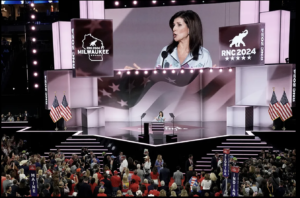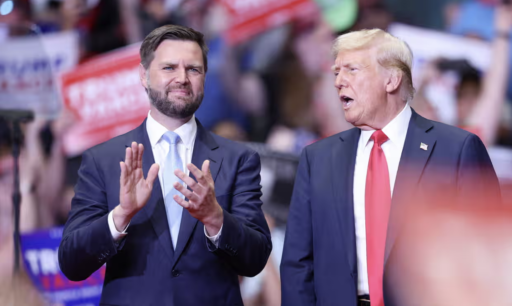Essential Feminist Literature: Diverse Perspectives and Insights

Exploring pivotal feminist literature offers a transformative journey into the diverse perspectives and insights that shape our understanding of gender equality. As we embark on this exploration, let’s delve into a curated selection of seminal works, each offering a unique lens on the complexities of feminism and womanhood.
- Evolving Feminine Identity: The Awakening by Kate Chopin (1899)
Chopin’s portrayal of a woman seeking independence amid societal constraints resonates with timeless themes of self-discovery and empowerment. - Challenges in Creativity: A Room of One’s Own by Virginia Woolf (1929)
Woolf’s compelling essay sheds light on the historical barriers that hindered women’s creative expression, urging for spaces where their voices can flourish. - Poetic Revelations: Daddy by Sylvia Plath (1962)
Plath’s poignant poetry, particularly in “Daddy,” captures the anguish and resilience of women grappling with oppressive patriarchal forces. - Realities of Womanhood: The Woman Destroyed by Simone de Beauvoir (1967)
De Beauvoir’s nuanced narratives offer poignant insights into the complexities of aging, relationships, and societal expectations on women. - Critical Reflections: On Women by Susan Sontag (70s)
Sontag’s incisive essays dissect societal norms and gender dynamics, provoking critical reflection on the varied experiences of women. - Resilience Amid Adversity: The Color Purple by Alice Walker (1982)
Walker’s masterpiece celebrates the resilience of black women as they navigate through adversity, weaving a tapestry of hope and redemption. - Urgent Call to Action: We Should All Be Feminists by Chimamanda Ngozi Adichie (2014)
Adichie’s compelling essay offers a clarion call for gender equality, blending wit and conviction to advocate for fundamental societal shifts. - Global Feminism: Kim Ji-Young, Born 1982 by Cho Nam-Joo (2016)
Cho’s novel sheds light on the universal struggles of women through a non-Western lens, highlighting the pervasive nature of misogyny. - Intersectional Narratives: Girl, Woman, Other by Bernardine Evaristo (2019)
Evaristo’s polyphonic narrative celebrates the diversity of black womanhood, challenging societal norms and amplifying marginalized voices. - Reframing Reproductive Rights: Ejaculate Responsibly by Gabrielle Blair (2022)
Blair’s provocative thesis reframes discussions on abortion and contraception, advocating for a paradigm shift towards male responsibility.
As we immerse ourselves in these transformative literary works, let us embrace the complexities of feminism and strive for a more equitable and inclusive world for all genders.
Re-reported from the article originally published in The hercampus









